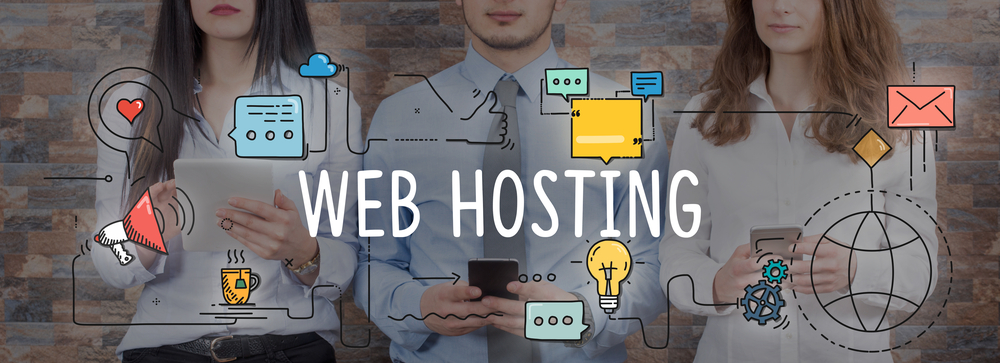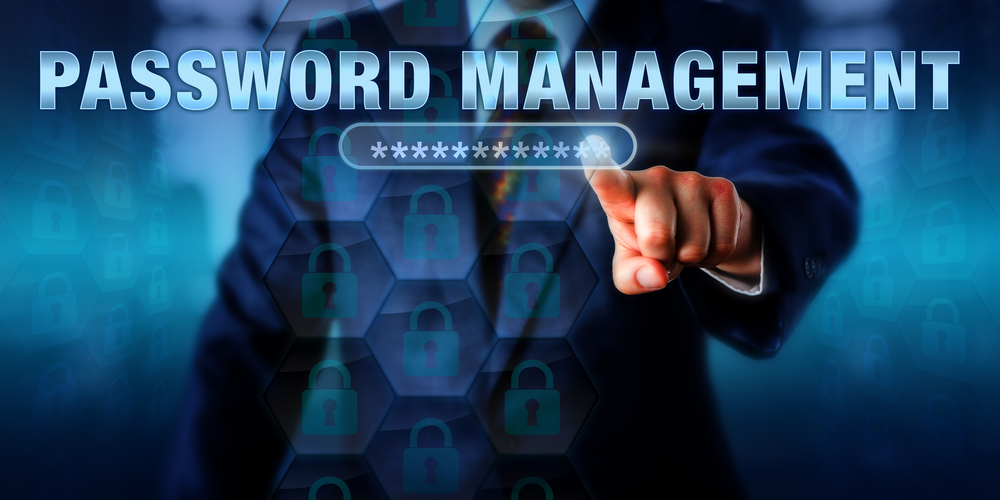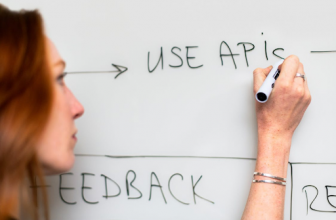
Building a WordPress website requires a balance between creativity and practicality. What this implies is that while certain website components allow you to be inventive and artistic, other aspects ask you to be pragmatic and sensible.
For example, choosing your website name, WordPress theme, or even a logo gives you greater creative freedom than handling the website’s technicalities or administrative details, such as ensuring your website security and privacy. After all, when it comes to WordPress security, there are certain guidelines and suggestions you should definitely consider.
It’s not that fun to think about, but WordPress security should always be a top priority for any website owner. Although WordPress is generally considered as a secure website platform, that doesn’t mean it’s not prone to cyber attacks and vulnerabilities.
Additionally, you, as a webmaster, have a role to play when it comes to securing your own WordPress website.
Why Is WordPress Security Important?
So, why is WordPress security so important, and what might happen to your website if you decide to neglect it?
First of all, let’s see what WordPress security actually means. According to WordPress:
“Fundamentally, security is not about perfectly secure systems. Such a thing might well be impractical, or impossible to find and/or maintain. What security is, though, is risk reduction, not risk elimination. It’s about employing all the appropriate controls available to you, within reason, that allow you to improve your overall posture reducing the odds of making yourself a target, subsequently getting hacked.”
You can’t expect to find a magical solution to potential security issues, but you can lower the risks to a great extent by being proactive and working on your website security continuously.
To illustrate just how important WordPress security is, consider the following: in 2018, 90% of all hacked content management systems (CMSs) were WordPress sites.
This doesn’t mean you shouldn’t opt for a WordPress website, however. You should only be conscious of any potential malware or hacker attacks.
That being said, there are a plethora of security factors contributing to your overall WordPress website security. Some are more important than others, but balancing their usage and knowing how to be in charge of your website protection can be of immense help.
How To Secure Your WordPress Website?
Do you know what’s more important than realizing you need to go to great lengths to secure your WordPress website? It’s realizing how to do it.
Obtaining a secure WordPress website isn’t a permanent thing—it’s an ongoing process. You’re always asked to be aware of potential threats that can harm your website.
That’s why we’ve outlined below some of the best ways to help you make your WordPress website more secure.
A Reliable Web Hosting
Website owners sometimes take web hosting for granted, as they suppose most of them offer quite similar conditions and the necessary security measures. However, it’s important to know that a secure website begins with secure and reliable hosting.
For starters, find a host that provides 24/7 support and a team with great technical knowledge, as you’d appreciate knowing you can contact your host anytime. Having such support brings a feeling of trust and a greater sense of security.
Also, make sure you can freely discuss any security concerns you may have with your web hosting provider. Ensure they’re using the latest software versions, and they’ve proven to be reliable in practice.
You’d also want to know what their recovery methods are. Do they have a feasible backup plan? Can they retrieve any lost data as a result of a cyber attack without difficulty?
Reading reviews and other user testimonials may prove useful in deciding whether you’ve found an adequate hosting provider or not.
Encryption
Strong encryption allows you to ensure your website security and privacy. It’s clear why encryption is so significant when it comes to website security, as it enables message encoding in such a manner that only authorized parties can gain access to it.
Using HTTPS and SSL greatly increases the security of your website, as both of them together ensure that all existent data between your website and the visitor’s browser is encrypted.
Firewall Protection
We can’t highlight the importance of firewalls enough. The function of website firewalls is to disable malicious traffic from reaching your website. They block it in advance, thus acting as a mediator between malware and the website itself. Hence, installing a WAF (web firewall) would be a good idea (for instance, ModSecurity is perceived as being one of the best out there).
However, you can obtain a similar level of security using plugins such as Sucuri, Incapsula, Wordfence Security, and so on.
However, keep in mind that, sometimes, having a lot of plugins may slow down your website and affect your overall website performance. Make sure you find plugins adequately suited for your website in order to be able to offer to your users both a secure and more pleasant website experience.
Password Management
Managing your passwords is nothing more than a continuous investment in an important security habit. Realizing you need to spend time on it and possess at least basic password knowledge is a predisposition to coming up with a strong, secure password.
A key to creating a safe password is making combinations with digits, symbols, uppercase and lowercase letters, and so on. Some webmasters even decide to use passphrases instead, as they’re even more secure and harder to guess.
If coming up with random words isn’t something that comes easily to you, you might consider trying a passphrase generator.

Also, think about using password managers. They not only generate secure passwords, but store them into a secure database as well. Some of the most recommended password managers you can try are Bitwarden, RoboForm, 1Password, and so on.
It’s important to mention that even if you’ve finally found a secure password, you might have to change it from time to time. Password resetting is a fairly common practice, and there are a couple of ways that it can be achieved. And it’s always useful to follow a detailed guide on resetting your WordPress password.
We’ve briefly outlined the key components of securing your WordPress website. They’re all significant, and highly valuable protection tools. However, one thing to keep in mind is knowing how much you can let yourself rely on technology, security plugins and firewalls, and how much of the actual responsibility is truly yours, as proper WordPress website security is achieved by equally including both.





